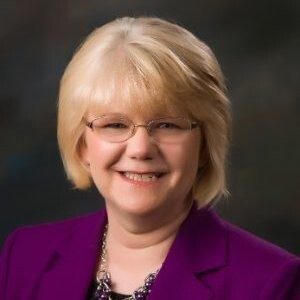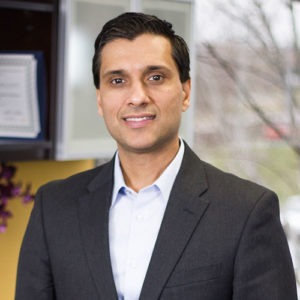Senate votes to continue Independence at Home pilots
Independence at Home demonstration projects in 13 states and the District of Columbia would continue for another two years under a bill passed by the U.S. Senate. The Medicare Independence at Home Medical Practice Demonstration Improvement Act of 2015, known as S. 971 in the Senate, now awaits consideration in the U.S House of Representatives.
The Partnership for Quality Home Healthcare (PQHH) credited the leadership of Sen. Ron Wyden (D-OR), Sen. Michael Bennet (D-CO), Sen. Richard Burr (R-NC), Sen. Johnny Isakson (R-GA) and Sen. Ed Markey (D-MA) in the Senate approval of the bill, designed to extend delivery of care to chronically ill seniors in their homes so that they may age in place. PQHH “strongly supports the extension of the Independence at Home demonstration, as our nation’s seniors rely on skilled healthcare services in their homes to manage chronic conditions and prevent hospital admissions,” Eric Berger, PQHH CEO, said in a statement. “Programs like Independence at Home foster better care coordination and provide cost-effective solutions for keeping patients healthy at home.c
Through the pilot projects, the Centers for Medicare & Medicaid Services works with medical practices to test the effectiveness of delivering comprehensive primary care services in home settings. The model is being tested in Delaware, Florida, Kentucky, Massachusetts, Michigan, New York, North Carolina, Ohio, Oregon, Pennsylvania, Texas, Virginia, Wisconsin and the nation’s capital. The government is testing whether home-based care can reduce the need for hospitalization, improve patient and caregiver satisfaction, and lead to better health and lower costs for the Medicare program.
“The Independence at Home program is moving quality healthcare from emergency rooms to living rooms for our most vulnerable seniors,” Markey said in a statement. “This pilot program extension will allow teams of doctors and nurses to continue to care for severely ill Medicare patients in the home, bringing the house calls of yesteryear into the 21st century. This will help save money and increase the peace of mind of patients in their twilight years.”

Lois A. Bowers was senior editor of I Advance Senior Care / Long-Term Living from 2013-2015.
Related Articles
Topics: Executive Leadership , Medicare/Medicaid , Regulatory Compliance










